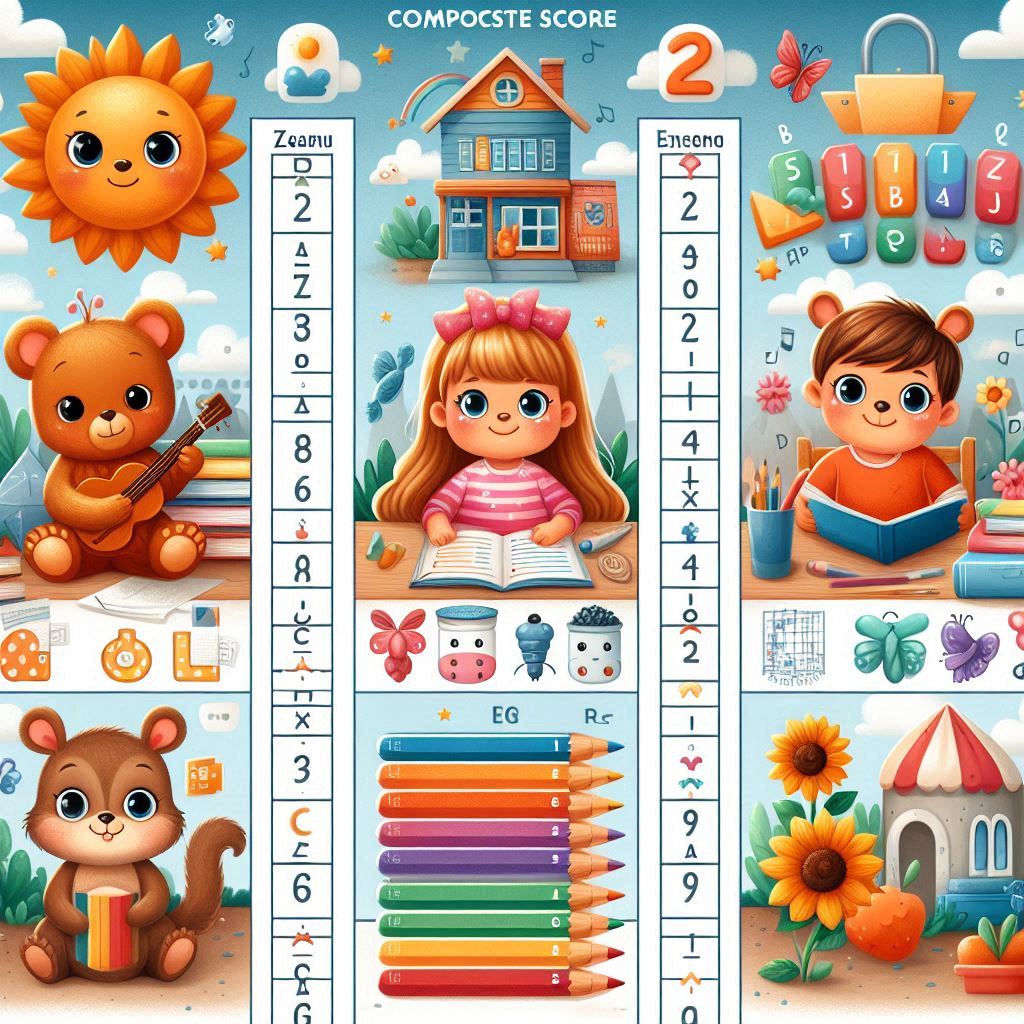The DIBELS Composite Score in kindergarten is a critical tool for assessing early literacy skills. This comprehensive measure, derived from multiple DIBELS (Dynamic Indicators of Basic Early Literacy Skills) subtests, provides educators and parents with a clear picture of a child’s reading development and potential challenges.
Introduction to DIBELS Composite Score
The DIBELS Composite Score is a sum of a child’s performance across several subtests designed to measure different aspects of early literacy. These subtests typically include Letter Naming Fluency, Initial Sound Fluency, Phoneme Segmentation Fluency, Nonsense Word Fluency, and Oral Reading Fluency. By combining these individual scores, the composite score offers a holistic view of a child’s reading readiness and development.
Why It Matters
Early literacy skills are foundational for future academic success. The DIBELS Composite Score helps identify students who may need additional support, allowing for timely intervention. This early detection is crucial, as it can prevent future reading difficulties and promote a positive learning trajectory.
How to Use the DIBELS Composite Score
Educators use the composite score to:
1. Assess Reading Skills: Determine a child’s proficiency in key literacy areas.
2. Monitor Progress: Track development over time to ensure students are on the right path.
3. Inform Instruction: Tailor teaching strategies to meet the specific needs of each child.
4. Identify At-Risk Students: Early identification of children who may need extra help can lead to better outcomes.
The DIBELS Composite Score is an essential tool in the toolkit of kindergarten teachers and parents. By providing a detailed picture of a child’s early literacy skills, it supports targeted interventions and helps set the stage for future academic success. Understanding and utilizing this score can make a significant difference in a child’s educational journey.


